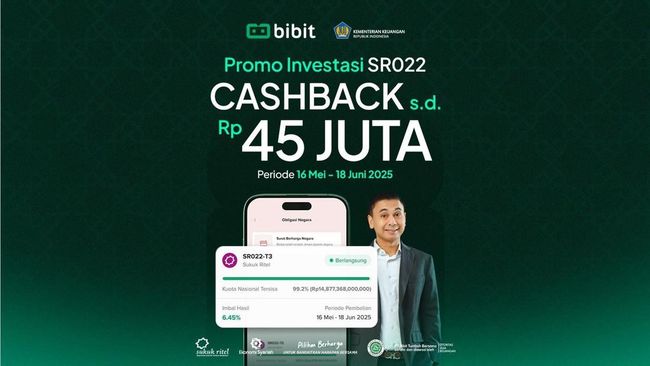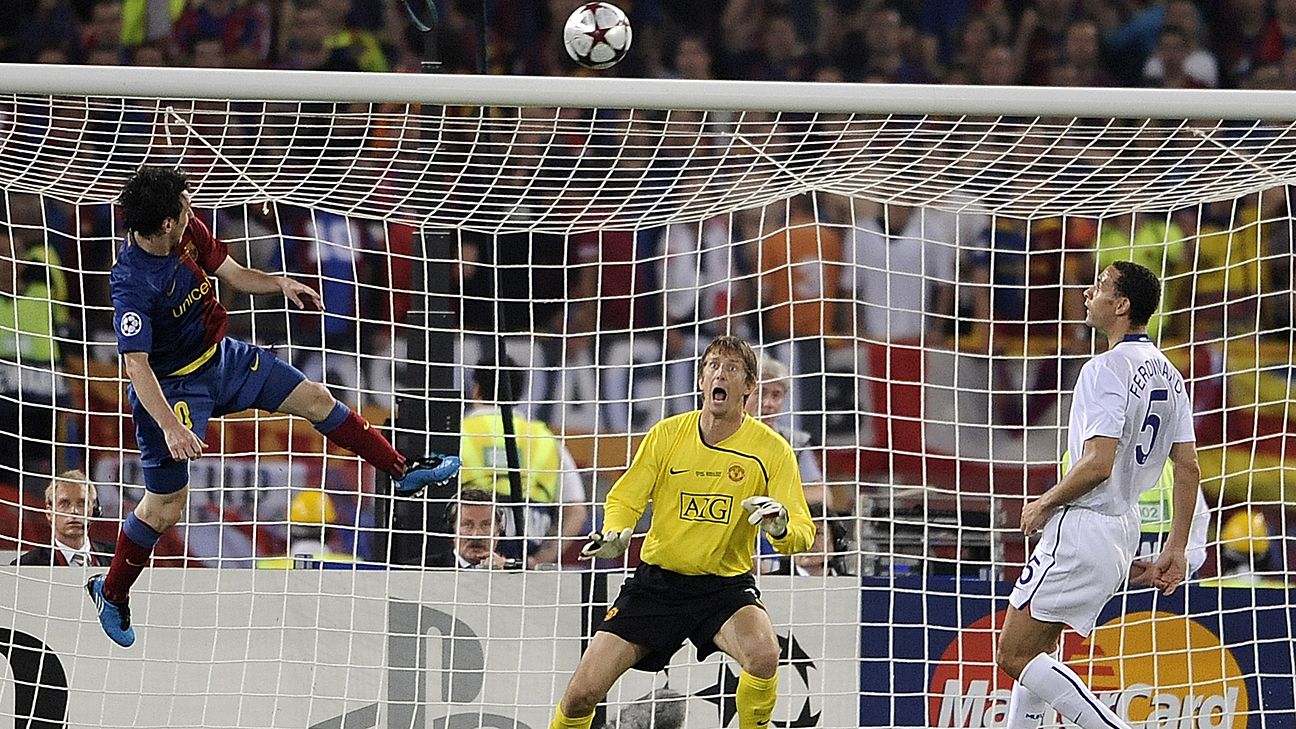With a long-awaited ruling in the settlement of the House case expected this week, college sports are on the precipice of a major overhaul.
While Judge Claudia Ann Wilken still needs to issue a final approval on the long-awaited settlement, a decision is expected to arrive in the near future.
Changes will come quickly to the way college sports work, if the settlement is formalized. Most prominent among them will be a change in how enforcement works, as the NCAA is no longer in charge of traditional enforcement, and a CEO will soon be put in place with powers that never existed prior.
The CEO of college sports' new enforcement organization -- the College Sports Commission -- will have the final say in doling out punishments and deciding when rules have been violated, according to sources, a level of singular power that never existed during the NCAA's era of struggling to enforce its rules.
The CEO's hire is expected to come quickly after the House settlement is finalized and has been spearheaded by the Power 4 Commissioners from the SEC, Big Ten, Big 12 and ACC. Their pick to lead the new agency will quickly become one of the most powerful and influential people in college sports. The hiring of a new CEO of the College Sports Commission is deep in the process, per ESPN sources. The running of a search process before the job can officially be created is indicative of how quickly the entire billion-dollar industry will have to transform before games are played again in August. Nothing can happen formally until the judge's decision, but the process is well underway.
The CEO of the commission will be one of the faces of this new era of college athletics. Sources have told ESPN to expect the person to come from outside college athletics and not to be a household name to a college sports fans. The person is expected to make seven-figures and, once the settlement is in place and they are hired, will have significant authority.
"All the institutions are going to have new membership agreements that we're all agreeing to these new rules," said an industry source familiar with the process. "The CEO is going to have responsibility to make sure everything is enforced and the governance model is sound. It's a critically important role for the future of college sports and college football."
The CEO is expected to report to a board, which is expected to include the power conference commissioners. The person will also be in charge of essentially running the systems that have been put in place -- LBi Software and accounting firm Deloitte have been lined up to handle salary cap management and to manage the clearinghouse for Name Image and Likeness.
With the NCAA no longer involved with traditional enforcement, it will mark a distinct industry shift. (The NCAA will still deal with issues like academics and eligibility.)
According to sources, a vision of what this leader could look like, and the extent of their powers, is illustrated in drafts of so-called association documents that all schools are expected to sign to formalize the new enforcement entity. Basically, the schools need to agree that they'll follow the rules.
While sources caution the documents that have been circulated are still in draft stage, sources say the draft includes language that the CEO will make "final factual findings and determinations" on violations of rules. That CEO will also "impose such fines, penalties or other sanctions as appropriate," in accordance with the rules.
The schools have to accept these rulings "as final," with the exception being if a school or athlete wants to challenge the discipline. They'd be required, per sources, "to engage in the arbitration process," which is expected to be the sole recourse.
Per sources, when cases do end up in arbitration, under the procedures that govern arbitration, subpoena power is a potential option via the discovery process -- an authority that was not available during NCAA investigations.
As college sports have zig-zagged to where they are thanks to the direction of myriad lawsuits and rulings, the association agreement could also include a clause where the schools "agree to waive any right to a jury trial with respect to all disputes arising out of or relating to this agreement." That notion would still need to be accepted by all the schools, and it's not expected to prevent lawsuits from entities outside of the schools.
It's worth noting that the lawsuits that have brought major changes to NCAA rules in recent years have started with attorneys general or with athletes. Congress is expected to still be needed to help create a legal framework for the new system to function without being tripped up by the current patchwork of state laws.
Enforcement has long been a thorn for the NCAA, which is now off-loading one of its most controversial and least effective departments. All schools agree with enforcement as an ideal, but the issues come once the enforcement is enacted on a school of their athletes.
Few coaches this generation have seen NCAA enforcement as an effective threat to follow the rules.
"It all starts with enforcement, and I've said this for a long time, 'Until we have an enforcement arm put into place, we're always going to be working sideways,'" Ohio State coach Ryan Day told ESPN on the College GameDay podcast recently. "I feel like before we set a rule, before we do anything, we have to put a structure in place where we can enforce rules on and off the field."
The new organization looks to have expedited timelines and a highly-compensated CEO to be the face of the decisions. (The NCAA used a committee on infractions.)
The drumbeat leading to the settlement is indicative of the past generations of behavior, as schools have been rushing to spend outside of the expected cap, with frontloading so significant that the highest basketball roster is expected to be close to $20 million and football rosters expected to be close to the $40 million range.
Will schools fall in line once rules are put into place? Is the threat of enforcement enough to settle down the landscape? It's difficult for coaches to imagine player salaries going backwards for 2026.
The ultimate deterrent will be stiff and consistent penalties to deter behavior, which have been elusive historically because of lack of NCAA enforcement prowess and the lengthy process of enforcement.
Purdue AD Mike Bobinski told ESPN in March that the punishments need to "leave a mark," and he mentioned the New Orleans Saints' Bounty Gate as an example of the type of punishment that changed behavior. (Sean Payton was suspended for the entire 2012 season as part of the penalties.)
"We've screwed this thing up now to the point where we have to be willing to draw a line in the sand, and that will create some pain," Bobinski said. "There's no two ways about it, and we'll find out who's just going to insist on stepping over the line. But if they do, you got to deal with it forcefully and quickly."
He added that the Big Ten has put a lot of thought and conversation into this, as he said the mindset has to be changed where coaches and programs can't consider breaking the rules "worth it."
Bobinski added: "People are working hard on this thing. That doesn't mean it's going to be easy or it's going to be accepted right out of the box, but I'd like to think we've got a chance at least to do it well."
ESPN reporter Dan Murphy contributed.


















































